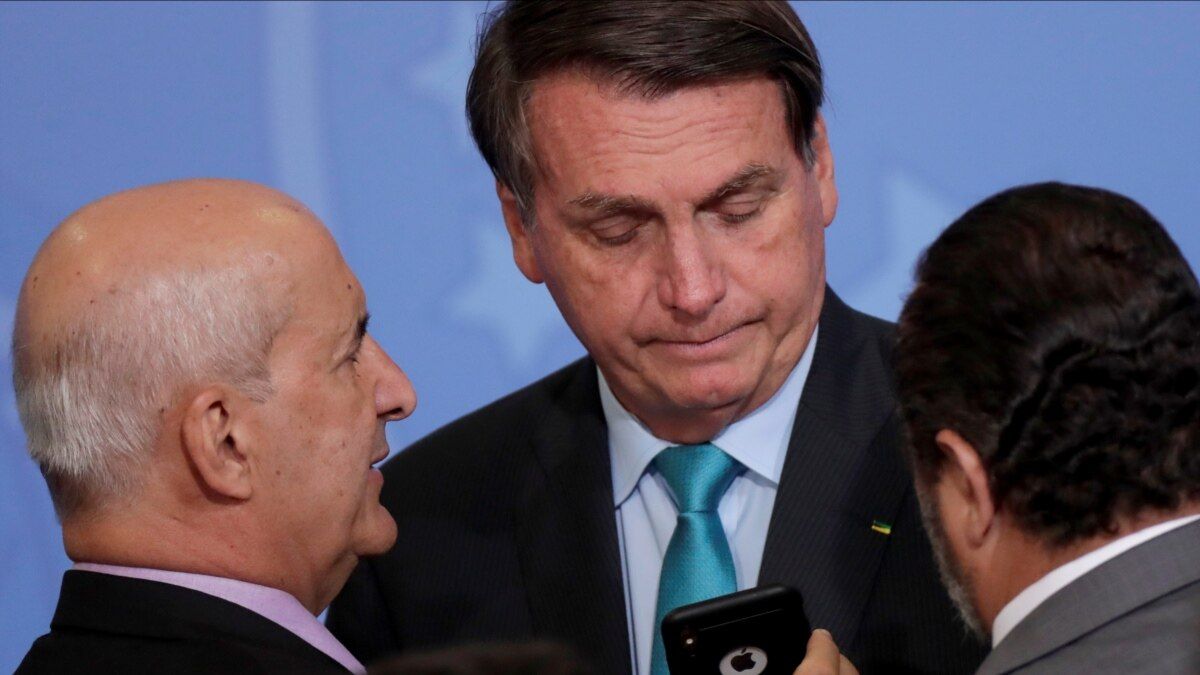High inflation and an uneven economic recovery are punishing the popularity of Bolsonaro, who is behind the former president Lula da Silva in the presidential race. As the October elections approach, the Bolsonaro government has increasingly adopted a policy of tax exemptions.
Nevertheless, More than half of the new incentives expire by the end of the year, leading analysts to warn of looming inflationary pressures in early 2023.
“We’re going to have this dilemma next year: either we’re going to have higher-than-expected inflation or we’re going to have a worse-than-expected fiscal outlook to keep the tax breaks,” said former Treasury Secretary Jeferson Bittencourt, now an economist at ASA Investments.
The measures assume about 0.9 percentage points of inflation from this year to 2023, Bittencourt estimated, which may push the Central Bank of Brazil keep interest rates high for longer.
Monetary policymakers have raised interest rates to 12.75% from a record low of 2% in March 2021, and are set to do so again this week.
“A problem is solved in 2022, but a bigger one is created in 2023,” said XP Investimentos economist Tatiana Nogueira.
The tax exemptions that Bolsonaro imposed this year range from the reduction of import tariffs and industrial taxes (IPI), and even a special tax regime for soccer clubs.. Brazil’s IPI tax applies to industries that manufacture and import manufactured products, such as refrigerators, cars, air conditioners and televisions.
More than half of Brazil’s revenue loss this year will come from tax cuts and state subsidies to curb rising fuel prices, which are expected to cost some 64.8 billion reais.
In March, the special secretary of the Treasury and Budget, Esteves Colnago, criticized tax exemptions on gasoline for mainly benefiting middle and upper class families, and not the most needy Brazilians.
Even that cost relief could soon be offset by a price hike from the state oil company. Petrobraswhich sets national fuel prices in line with world market prices.
The last time Petrobras raised fuel prices was in March. The fuel importers association Abicom estimates that they are now 17% behind world references.
Source: Ambito
David William is a talented author who has made a name for himself in the world of writing. He is a professional author who writes on a wide range of topics, from general interest to opinion news. David is currently working as a writer at 24 hours worlds where he brings his unique perspective and in-depth research to his articles, making them both informative and engaging.




